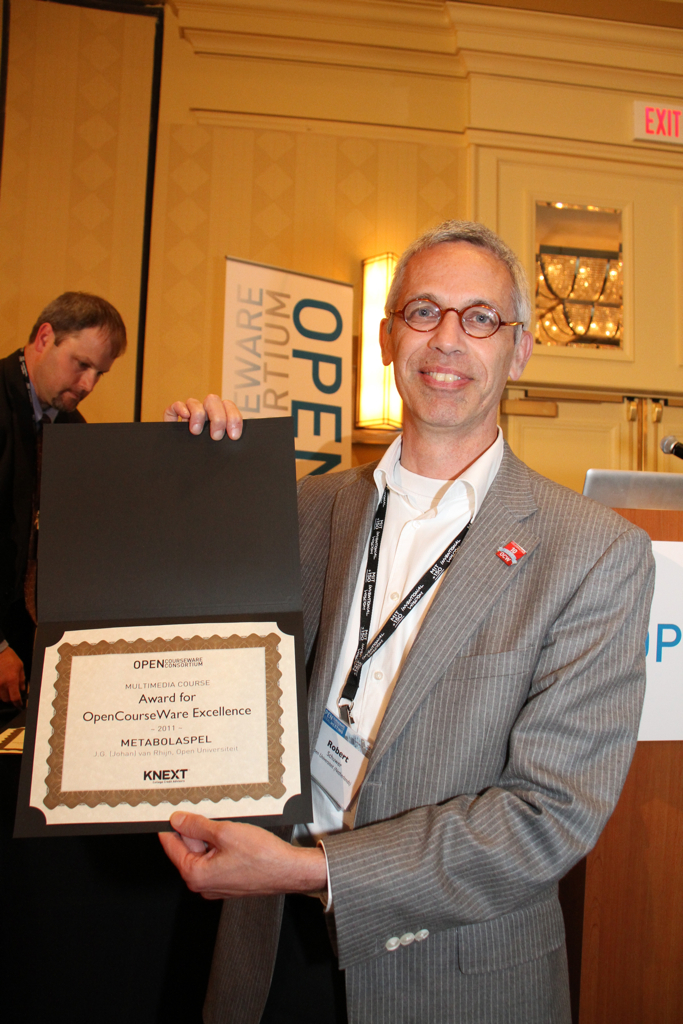Voor het december-nummer van het Surf Magazine was ik gevraagd om een column te schrijven voor de achterpagina. Surf Magazine is een kwartaalmagazine met nieuws en 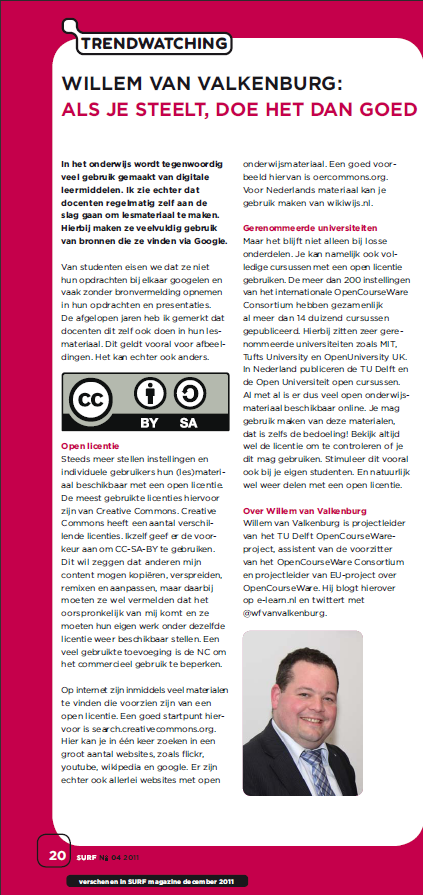 achtergrondinformatie over ICT voor het hoger onderwijs en onderzoek. Een abonnement is gratis.
achtergrondinformatie over ICT voor het hoger onderwijs en onderzoek. Een abonnement is gratis.
Hieronder de tekst met werkende links:
In het onderwijs wordt tegenwoordig veel gebruik gemaakt van digitale leermiddelen. Ik zie echter dat docenten regelmatig zelf aan de slag gaan om lesmateriaal te maken. Hierbij maken ze veelvuldig gebruik van bronnen die ze vinden via Google.
Van studenten eisen we dat ze niet hun opdrachten bij elkaar googelen en vaak zonder bronvermelding opnemen in hun opdrachten en presentaties. De afgelopen jaren heb ik gemerkt dat docenten dit zelf ook doen in hun lesmateriaal. Dit geldt vooral voor afbeeldingen. Het kan echter ook anders.
Open licentie
Steeds meer stellen instellingen en individuele gebruikers hun (les)materiaal beschikbaar met een open licentie. De meest gebruikte licenties hiervoor zijn van Creative Commons. Creative Commons heeft een aantal verschillende licenties. Ikzelf geef er de voorkeur aan om CC-SA-BY te gebruiken.
Dit wil zeggen dat anderen mijn content mogen kopiëren, verspreiden, remixen en aanpassen, maar daarbij moeten ze wel vermelden dat het oorspronkelijk van mij komt en ze moeten hun eigen werk onder dezelfde licentie weer beschikbaar stellen. Een veel gebruikte toevoeging is de NC om het commercieel gebruik te beperken.
Op internet zijn inmiddels veel materialen te vinden die voorzien zijn van een open licentie. Een goed startpunt hiervoor is search.creativecommons.org. Hier kan je in één keer zoeken in een
groot aantal websites, zoals flickr, youtube, wikipedia en google. Er zijn echter ook allerlei websites met open onderwijsmateriaal. Een goed voorbeeld hiervan is oercommons.org. Voor Nederlands materiaal kan je gebruik maken van wikiwijs.nl.
Gerenommeerde universiteiten
Maar het blijft niet alleen bij losse onderdelen. Je kan namelijk ook volledige cursussen met een open licentie gebruiken. De meer dan 200 instellingen van het internationale OpenCourseWare
Consortium hebben gezamenlijk al meer dan 14 duizend cursussen gepubliceerd. Hierbij zitten zeer gerenommeerde universiteiten zoals MIT, Tufts University en OpenUniversity UK. In Nederland publiceren de TU Delft en de Open Universiteit open cursussen.
Al met al is er dus veel open onderwijsmateriaal beschikbaar online. Je mag gebruik maken van deze materialen, dat is zelfs de bedoeling! Bekijk altijd wel de licentie om te controleren of je dit mag gebruiken. Stimuleer dit vooral ook bij je eigen studenten. En natuurlijk wel weer delen met een open licentie.
Over Willem van Valkenburg
Willem van Valkenburg is projectleider van het TU Delft OpenCourseWareproject, assistent van de voorzitter van het OpenCourseWare Consortium en projectleider van EU-project over OpenCourseWare. Hij blogt hierover op e-learn.nl en twittert met @wfvanvalkenburg.
De column kan je ook als PDF downloaden. Je mag hem gerust verspreiden!
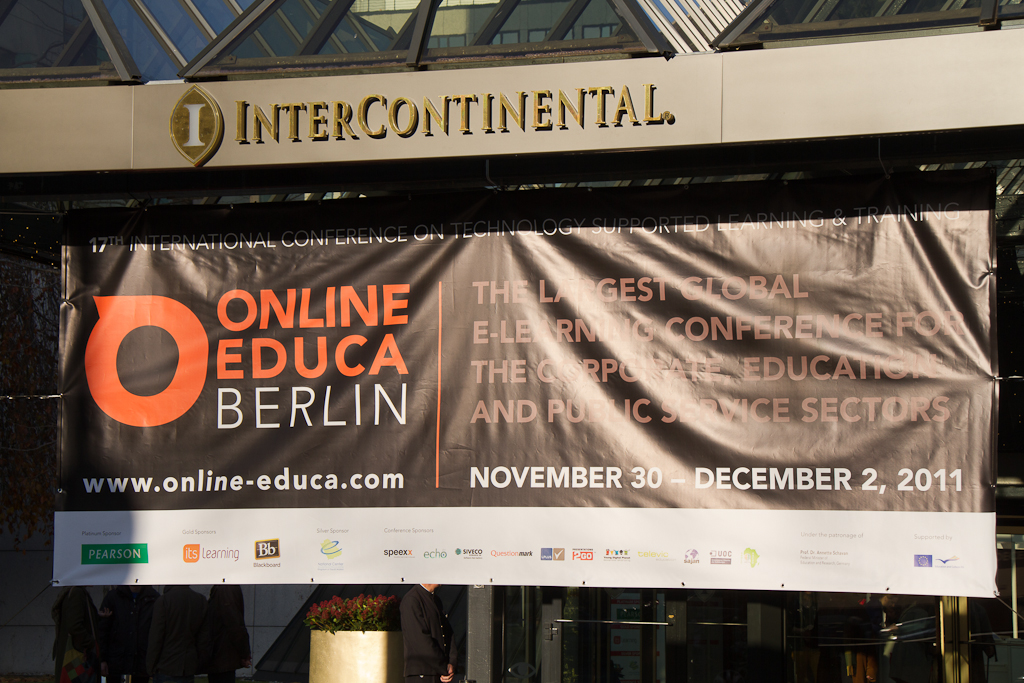 De afgelopen week was ik een paar dagen in Berlijn voor de
De afgelopen week was ik een paar dagen in Berlijn voor de 
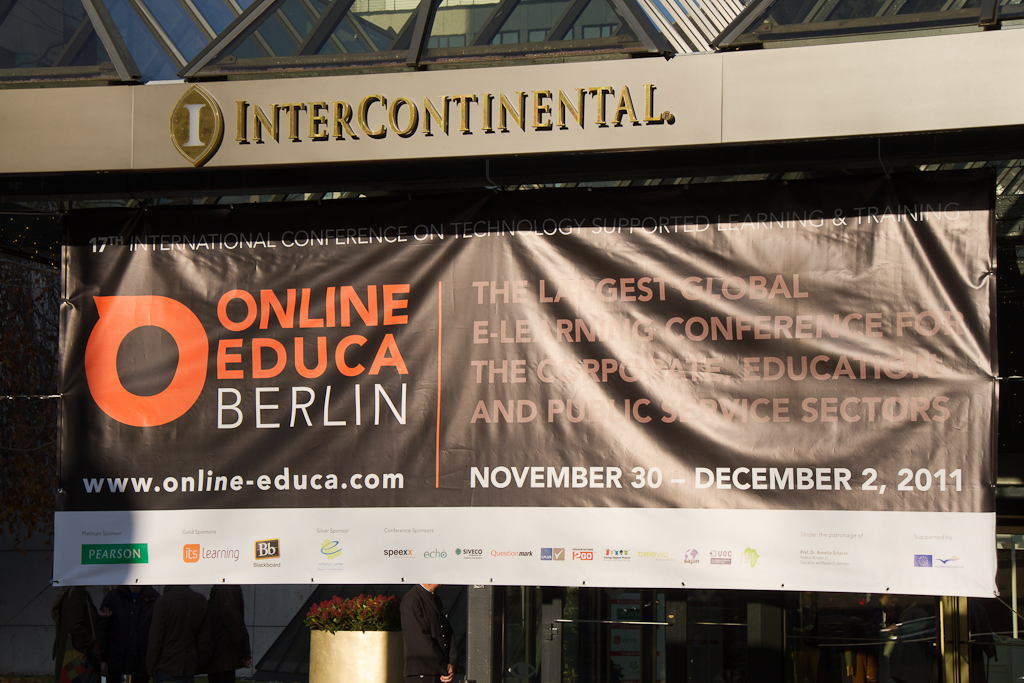
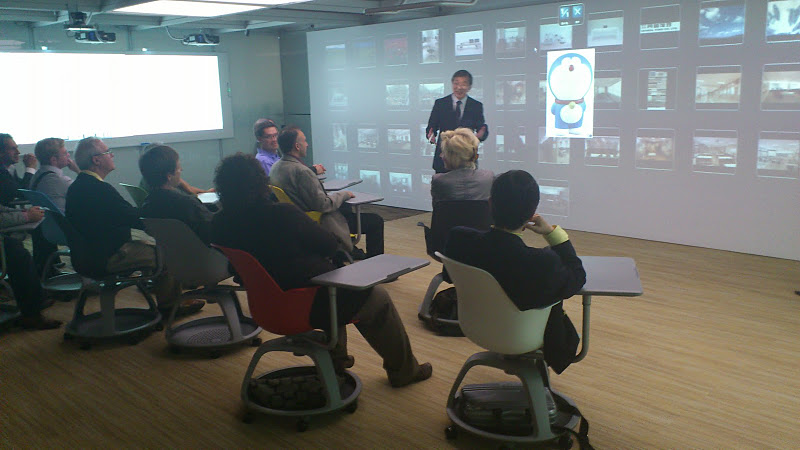
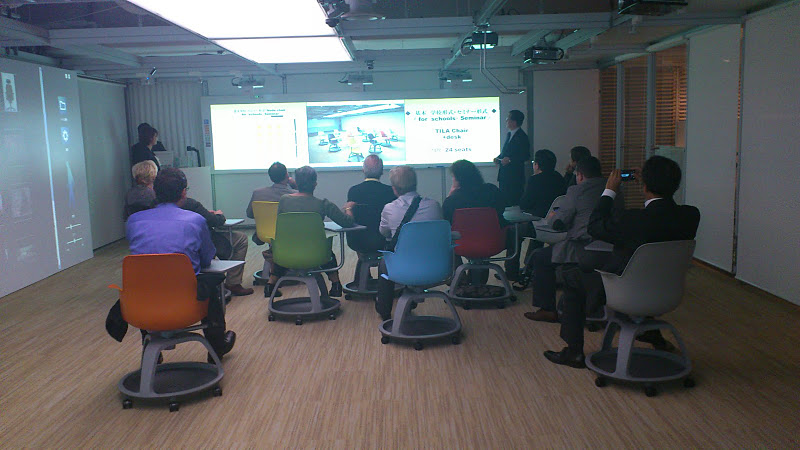
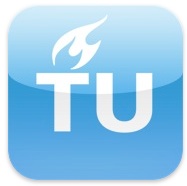 Vorige week is versie 2 van de iTU Delft app beschikbaar gekomen in de
Vorige week is versie 2 van de iTU Delft app beschikbaar gekomen in de 